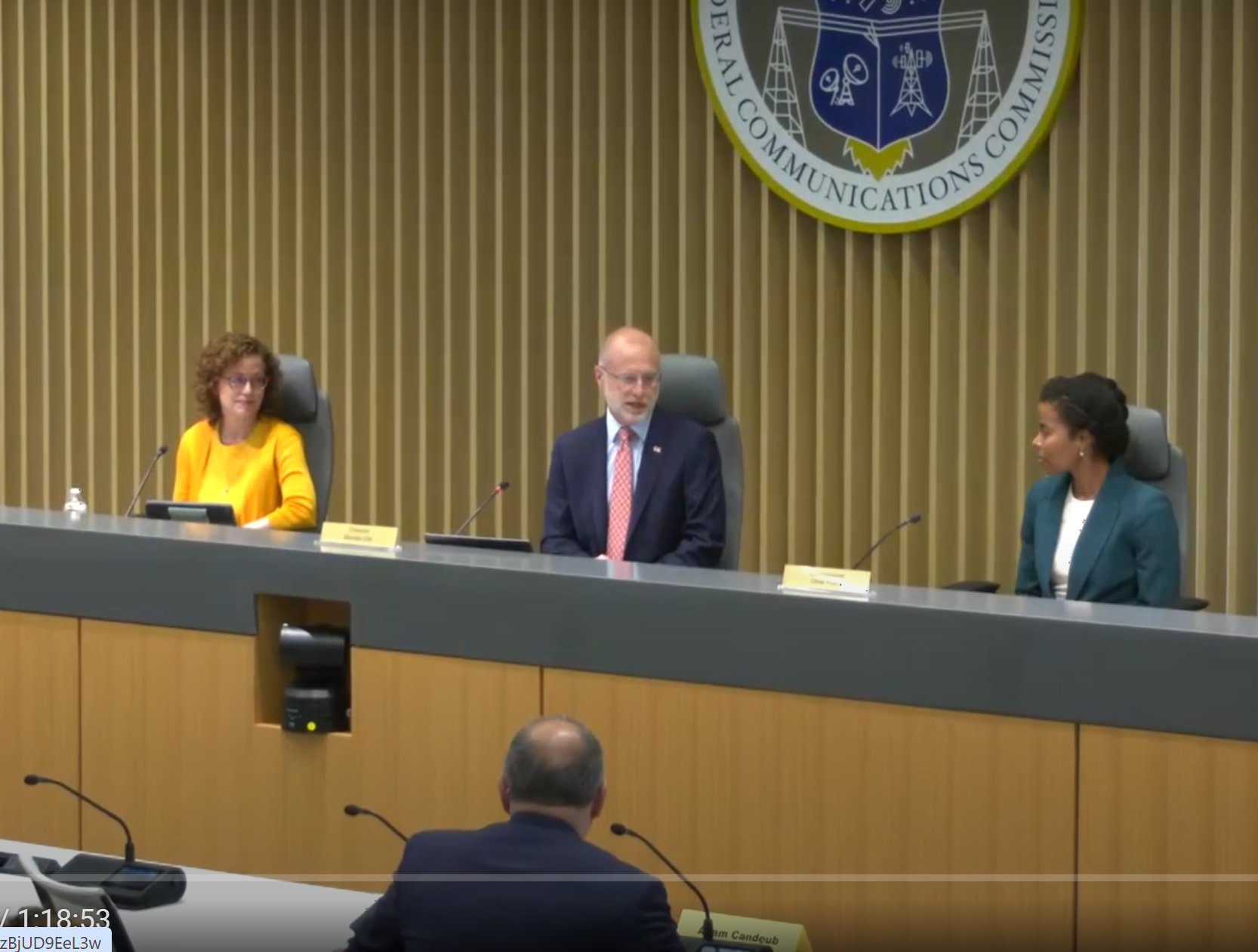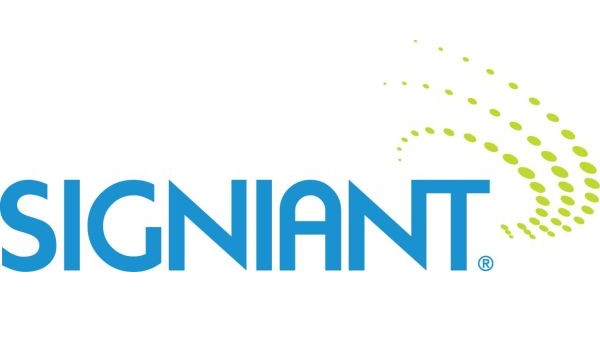NBCUniversal Blasts Idea of Two-Tiered Station Ownership Rules
FCC filing said that there should not be two separate ownership caps for network O&Os and other TV station groups

The professional video industry's #1 source for news, trends and product and tech information. Sign up below.
You are now subscribed
Your newsletter sign-up was successful
WASHINGTON—NBCUniversal has told the Federal Communications Commission that it should not establish different ownership requirements for stations owned by companies who own broadcast networks, such as NBC, and station groups that do not own broadcast networks.
Notably, the filing did not take a position on whether the FCC should eliminate ownership caps, as the NAB and many broadcasters have argued.
NBCU stressed in its filing that it was only responding "to the following question in the Public Notice [asking for public comments on broadcast ownership rules]: if `the Commission retains a national audience reach cap, should common ownership of stations that are not affiliated with major national broadcast networks (i.e., ABC, CBS, NBC, or Fox) be excluded from the cap?’ The answer is no. Differential treatment of broadcast licensees based on their ownership has no basis in law or policy.”
The response illustrates some of the conflicting regulatory impulses faced by large media conglomerates like NBCU, which is owned by a broadband and cable operator, Comcast, and is in the process of splitting itself up into two companies. When the split is completed in 2026, one of those companies will own its cable networks; the other will own its broadcast networks, streaming operations, Hollywood studios and TV stations.
Comcast is an important member of the pay TV group NCTA, which is opposed to lifting the ownership caps. The NBC network and NBC-owned stations were one of the few broadcast groups that did not join an NAB-backed filing calling for complete elimination of all broadcast ownership caps.
The joint NAB/broadcaster filing also attacked the idea of a two tiered system of ownership rules, with different rules for network owned and operated stations (O&Os) and station groups that were not owned by broadcast networks. The Fox owned stations have also come out against a two tiered system of ownership caps.
The idea of a two tiered system is related to ongoing attacks by the Trump administration and FCC chair Brendan Carr on alleged political bias in broadcast network news coverage.
The professional video industry's #1 source for news, trends and product and tech information. Sign up below.
FCC chair Brendan Carr has on numerous occasions blasted the broadcast networks for political bias, following arguments made by President Donald Trump. On August 24, Trump issued a social media post blasting the political coverage of ABC and NBC that called on the FCC to take away their licenses.
Trump has repeatedly made such claims even though the FCC does not “license” broadcast networks and as such would be unable to remove licenses it does not issue.
The FCC does, however, license individual stations who carry those networks. Carr has repeatedly asserted the agency has the right to remove the licenses of stations, including stations owned by broadcast networks, for violations of public interest requirements and "news bias."
Carr has also argued that he would like to help local broadcasters by reducing or eliminating the ownership caps. A two tier ownership system that keeps restrictions on existing O&Os but eliminates those for other station groups that do not own networks would address those conflicting impulses, hurting the networks while helping many local broadcast groups.
“What I would do is empower those local broadcasters [who] actually serve their local communities,” Carr has said.. “There's lots of ways we can do that. Looking at ownership reform might be one way to do it…So I want to ultimately empower those local stations and, frankly, constrain some of the power of those national programmers.”
In its filing, NBCU argued that the FCC lacks the authority to apply different ownership caps to different broadcasters. “By reaffirming that the national ownership cap applies equally to all persons and entities, without regard to corporate ownership, Congress confirmed that the Commission lacks statutory authority to pick and choose only certain persons or entities for which the FCC could eliminate or modify the national ownership cap.”
“The First Amendment also precludes singling out certain networks for differential treatment in any elimination or modification of the national ownership cap,” the filing also argues. “It is axiomatic that the First Amendment “protects speech and speaker,” and the government cannot single out “disfavored speakers” for restrictions. By offering relief to only certain entities and not others, based solely on the ownership composition of those entities and without any other legitimate justification, such disparate treatment would be unconstitutional.”
The filing also stressed that hurting the network O&Os would also hurt local broadcasters. “Under the guise of promoting localism, the Public Notice suggests that the FCC could relax or eliminate the national television ownership cap with respect to all stations other than those owned by certain of the networks,” NBCU argued. “The proposal to treat networks differently than other television station owners fundamentally misunderstands the nature of the networks’ contributions to their local television markets.”
“NBCU is a local broadcaster. NBCU owns and operates 36 television stations originating local programming across 16 states, the District of Columbia, and Puerto Rico. These stations provide locally focused coverage of issues and stories that affect the lives of local audiences, produced by experienced journalists who live and work in the communities they cover. NBCU’s local stations employ over 4,000 people (including over 2,000 news professionals) and provide an average of more than 150 daily hours of local news, weather, consumer reporting, and sports coverage across free over-the-air, streaming, and digital platforms. These network-owned stations are leaders in protecting their local communities during severe weather events and are at the forefront of supporting and advocating for local victims of business fraud, theft, and abuse.”
“As a local broadcaster, NBCU is similarly situated to other, non-network owned television stations that are operating in local markets,” NBCU concluded. “Thus, to the extent the FCC’s goal in revisiting the national television ownership cap is the promotion of localism, that goal is only furthered by affording the same treatment to all local television stations, regardless of ownership.”
The full filing is available here.
George Winslow is the senior content producer for TV Tech. He has written about the television, media and technology industries for nearly 30 years for such publications as Broadcasting & Cable, Multichannel News and TV Tech. Over the years, he has edited a number of magazines, including Multichannel News International and World Screen, and moderated panels at such major industry events as NAB and MIP TV. He has published two books and dozens of encyclopedia articles on such subjects as the media, New York City history and economics.

